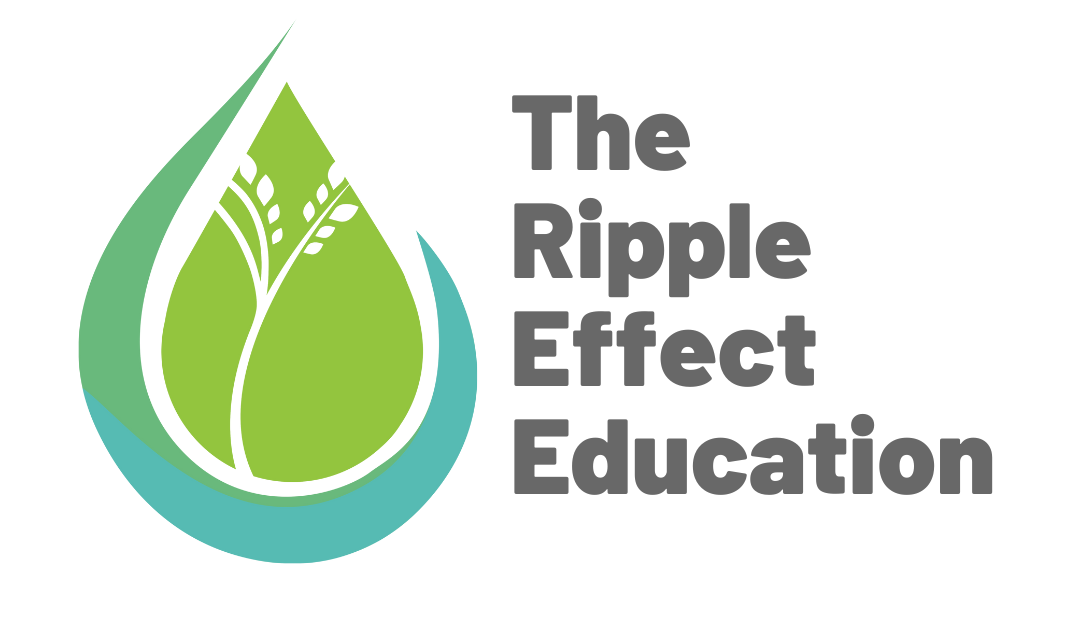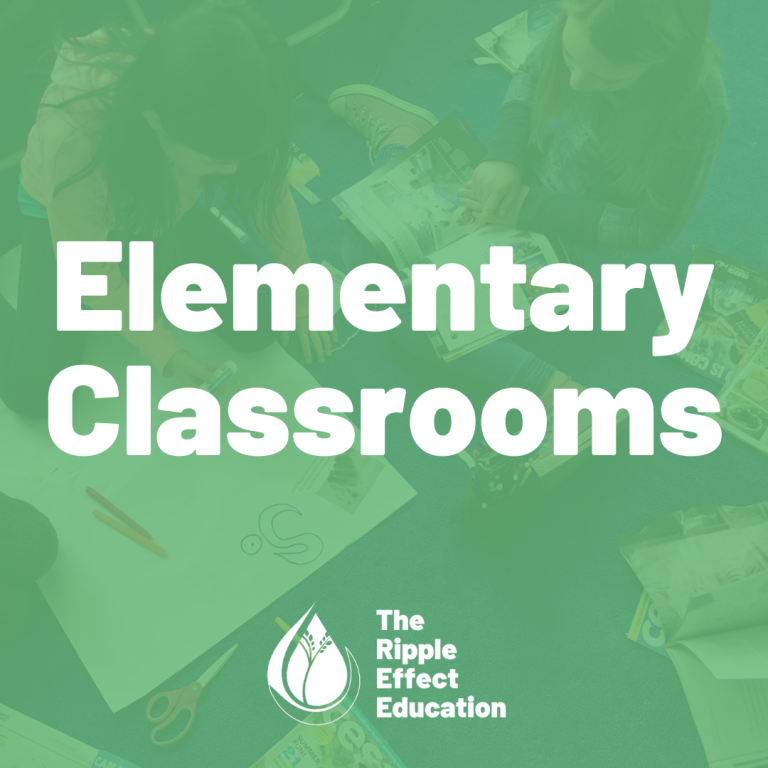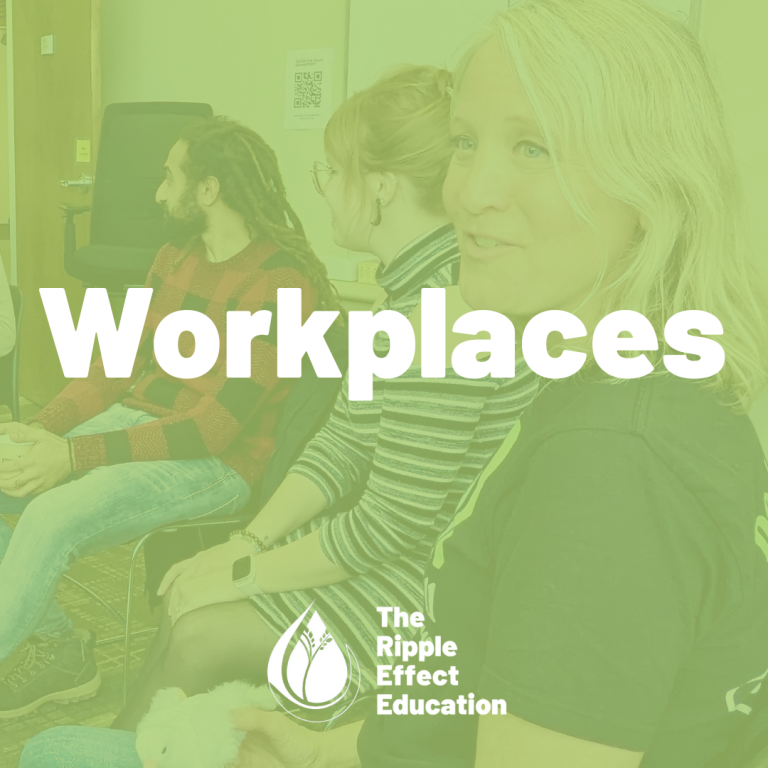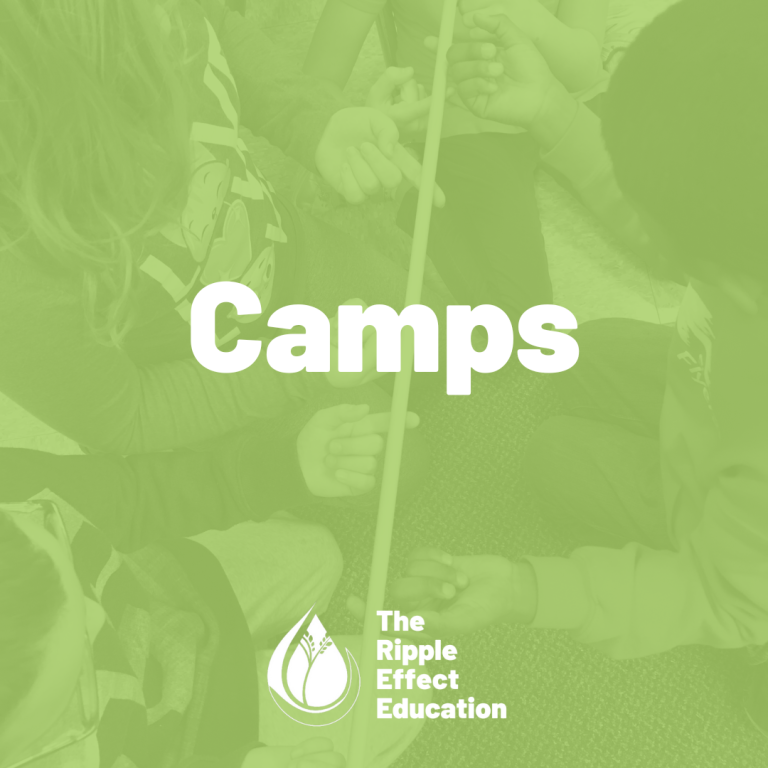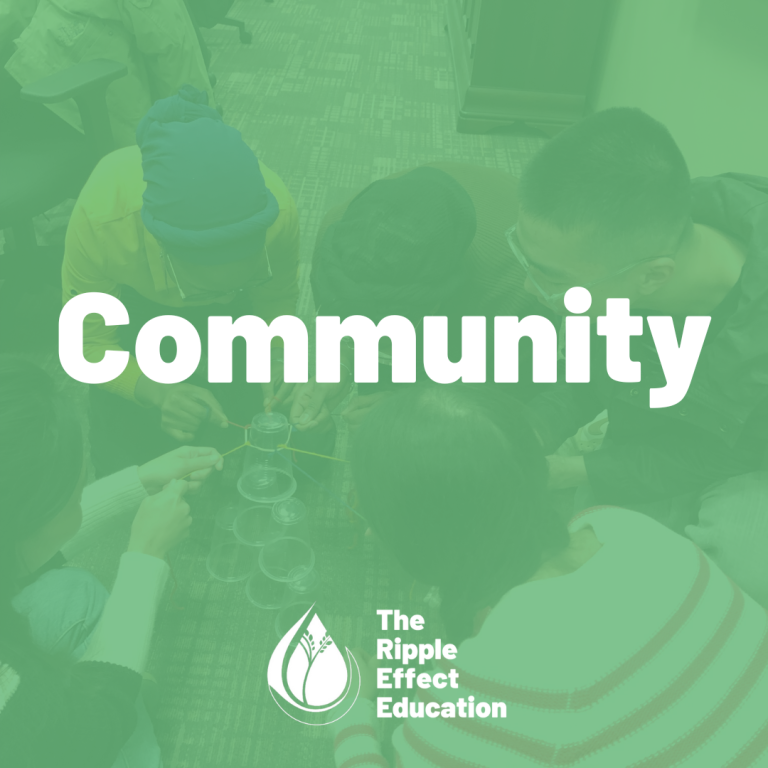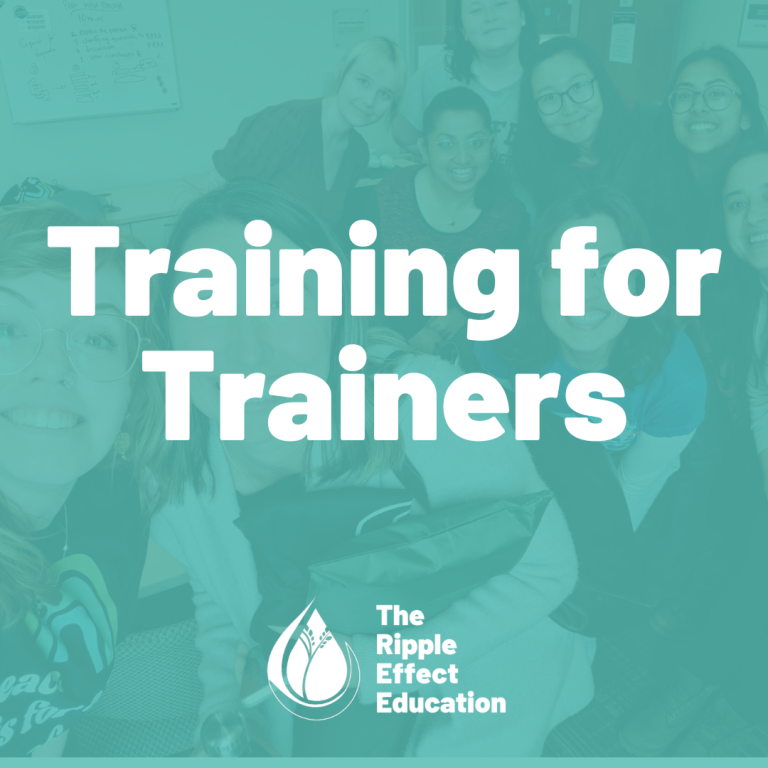The world is becoming increasingly polarized, and sometimes it can feel difficult to have conversations about global issues like Canada – U.S. trade tensions, starvation in Gaza, the impacts of climate change, and many other political and humanitarian crises worldwide.
If adults feel the strain of these conflicts, so do children. The Ontario Psychology Association says children absorb a lot more than we realize, whether it is tone of voice in adult conversations, tv or radio news playing in the background, or videos they may see on social media.
One study from 2020 surveyed American parents of children aged six to 17 years old who were asked to rate their child’s anxiety about political news. The study found that 36 per cent of children worried about the U.S. going to war and 37 per cent worried about their family’s financial situation.
Without a doubt, children also experience fear, anxiety, and confusion about the state of the world, and experts say the best thing to do is to talk about it.
Age-appropriate conversations can help children and youth feel safe, heard, and their feelings validated, according to the Ontario Psychology Association.
For school-aged children, conversations can begin with asking children what they know about a situation to gauge their understanding and knowledge. Then give them factual explanations and also correct any misinformation they may have repeated.
The association says teens are often more aware of global issues, and what they’re usually looking for is moral and ethical conversations about the issue at hand. The recommendation with teens is to encourage critical thinking and make space for their emotions on the subject.
Tips on how to have conversations about global issues:
- Ask direct questions: This is important to understand what they know and how they feel.
- Validate their feelings and correct gently: Avoid dismissing their concerns and saying phrases like, “you’re too young to understand.”
- Foster resilience through action: Some examples include donating to a related cause and practicing kindness in their community.
- Establish boundaries for emotional safety: This can look like limiting news consumption or encouraging walks or time outdoors for mindfulness opportunities.
Read some of our other related posts:
– Creating Spaces for Inclusive Conversations
– How to Become an Empathetic Listener
– A Powerful Tool to Stay Grounded in Conflict
Written by Anam Latif
